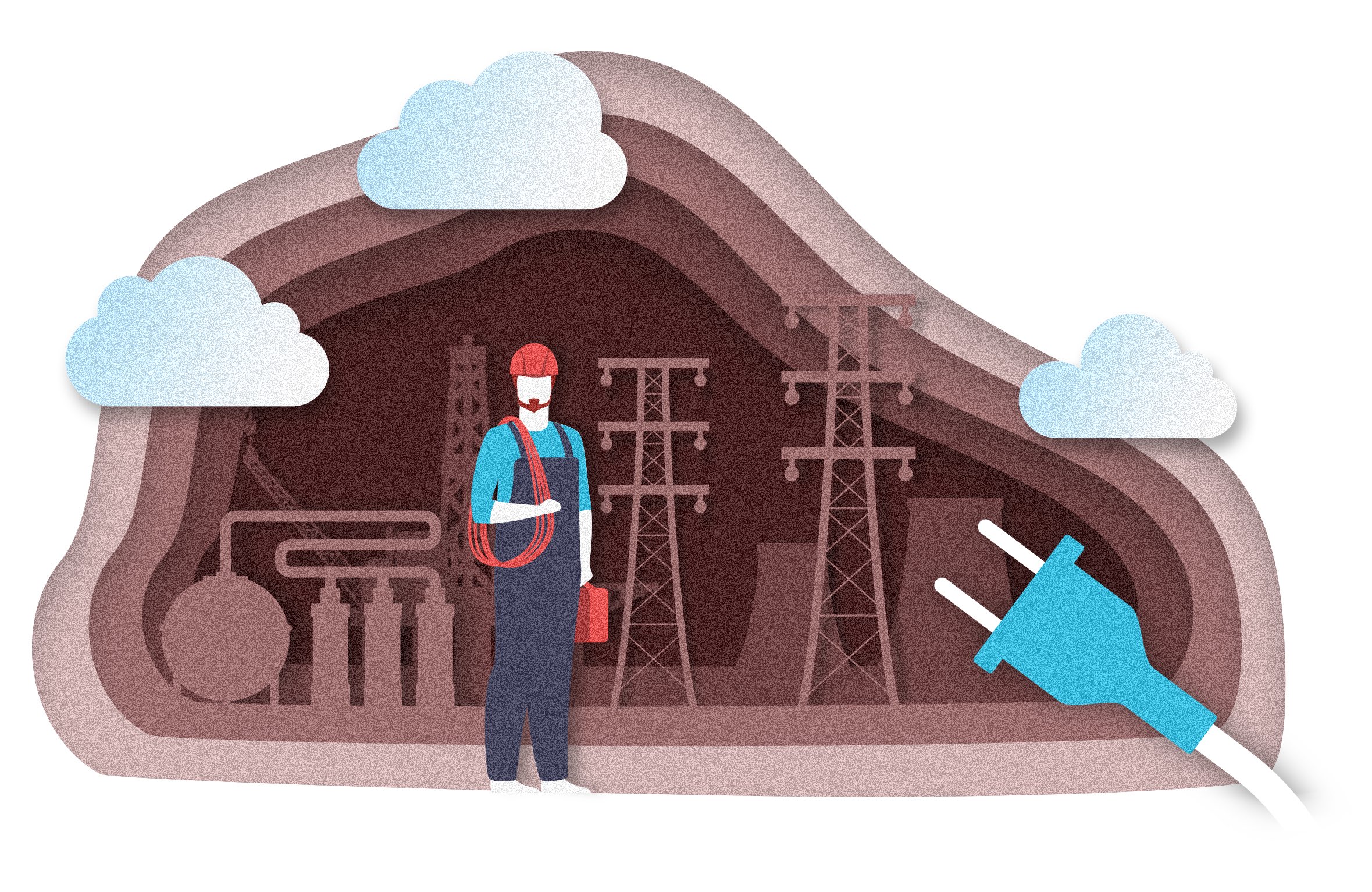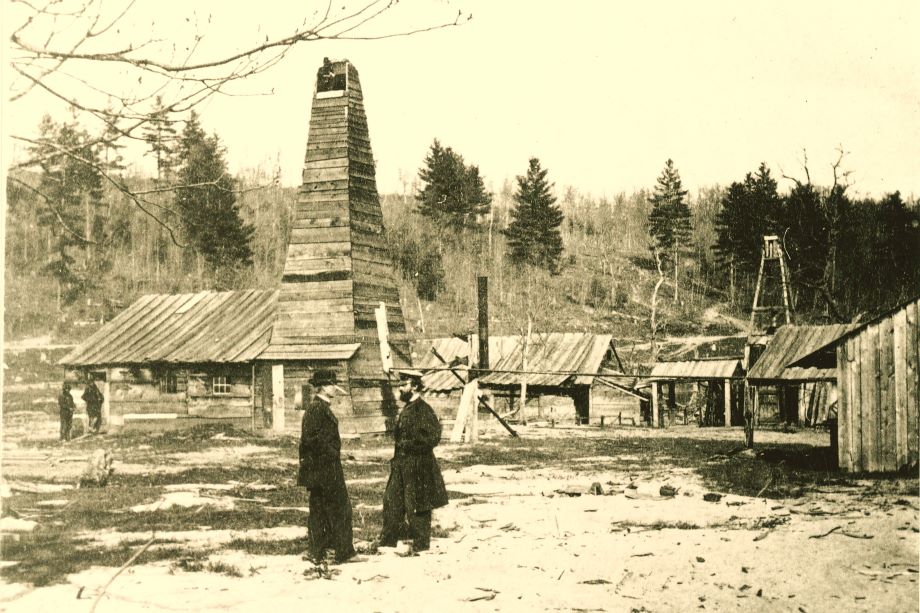Biden Proposes New Climate Laboratory, Additional Support for Community Colleges and HBCUs
Biden Proposes New Climate Laboratory, Additional Support for Community Colleges and HBCUs
The recently announced FY 2022 budget outline from the Biden administration includes key components that emphasize the White House’s desire to amplify fundinThe budget request proposes several measures to “Drive toward Equity in Higher Education,”g for community colleges and historically black colleges and universities (HBCUs). including doubled Pell Grant amounts and an additional $100 million in funding for STEM programs that aim to recruit more students from racial and ethnic minority groups. The request also seeks to broaden and diversify access to education by providing for increased capacity at HBCUs and other institutions that serve underrepresented communities.
Additionally, in late March, President Biden announced his $2.25 trillion infrastructure plan, including $12 billion for direct investment into community colleges and $10 billion for research and development at HBCUs and other minority serving institutions (MSIs) over the next eight years. The plan also specifies $20 billion for upgrading infrastructure at HBCUs and other MSIs and outlines the establishment of a new national climate studies laboratory linked with an HBCU. The infrastructure and laboratory investments are part of a broader effort to assert U.S. leadership in new technologies and spur job creation and innovation, particularly in rural areas. Lastly, Biden’s plan seeks to bridge the gap between academia and industry by investing $15 billion to create up to 200 research incubators at HBCUs and other MSIs with the purpose of providing graduate fellowships to historically marginalized students. As with the budget outline, final amounts are yet to be determined, but the administration’s message is clear: more investment in the U.S. community college and HBCU ecosystems is needed.
ASME is proud to be a leader in building the next generation of engineers. Operating at the intersection of academia, industry, and government, ASME unequivocally prioritizes supporting historically marginalized students and can provide critical assistance by linking them with industry partners and preparing them for impactful careers. Having established student organizations at colleges and universities across the U.S., ASME knows community colleges and HBCUs offer a diverse and capable talent pool that can help meet the unique and pressing challenges of a career in engineering. Each year, ASME engages college-aged engineers through global ASME E-Fests® and ASME EFx® engineering events while reaching K-12 students in the U.S through the ASME INSPIRE program. To date, these programs have reached more than 390k students, and ASME looks forward to building on these successes to foster greater engineering passion worldwide. Learn more about ongoing efforts to support and encourage STEM education at all academic levels here.
For more information on the FY 2022 Discretionary Request, visit:
https://www.whitehouse.gov/wp-content/uploads/2021/04/FY2022-Discretionary-Request.pdf
For more information on the “American Jobs Plan” proposal, visit:
https://www.whitehouse.gov/briefing-room/statements-releases/2021/03/31/fact-sheet-the-american-jobs-plan/
Additionally, in late March, President Biden announced his $2.25 trillion infrastructure plan, including $12 billion for direct investment into community colleges and $10 billion for research and development at HBCUs and other minority serving institutions (MSIs) over the next eight years. The plan also specifies $20 billion for upgrading infrastructure at HBCUs and other MSIs and outlines the establishment of a new national climate studies laboratory linked with an HBCU. The infrastructure and laboratory investments are part of a broader effort to assert U.S. leadership in new technologies and spur job creation and innovation, particularly in rural areas. Lastly, Biden’s plan seeks to bridge the gap between academia and industry by investing $15 billion to create up to 200 research incubators at HBCUs and other MSIs with the purpose of providing graduate fellowships to historically marginalized students. As with the budget outline, final amounts are yet to be determined, but the administration’s message is clear: more investment in the U.S. community college and HBCU ecosystems is needed.
ASME is proud to be a leader in building the next generation of engineers. Operating at the intersection of academia, industry, and government, ASME unequivocally prioritizes supporting historically marginalized students and can provide critical assistance by linking them with industry partners and preparing them for impactful careers. Having established student organizations at colleges and universities across the U.S., ASME knows community colleges and HBCUs offer a diverse and capable talent pool that can help meet the unique and pressing challenges of a career in engineering. Each year, ASME engages college-aged engineers through global ASME E-Fests® and ASME EFx® engineering events while reaching K-12 students in the U.S through the ASME INSPIRE program. To date, these programs have reached more than 390k students, and ASME looks forward to building on these successes to foster greater engineering passion worldwide. Learn more about ongoing efforts to support and encourage STEM education at all academic levels here.
For more information on the FY 2022 Discretionary Request, visit:
https://www.whitehouse.gov/wp-content/uploads/2021/04/FY2022-Discretionary-Request.pdf
For more information on the “American Jobs Plan” proposal, visit:
https://www.whitehouse.gov/briefing-room/statements-releases/2021/03/31/fact-sheet-the-american-jobs-plan/




